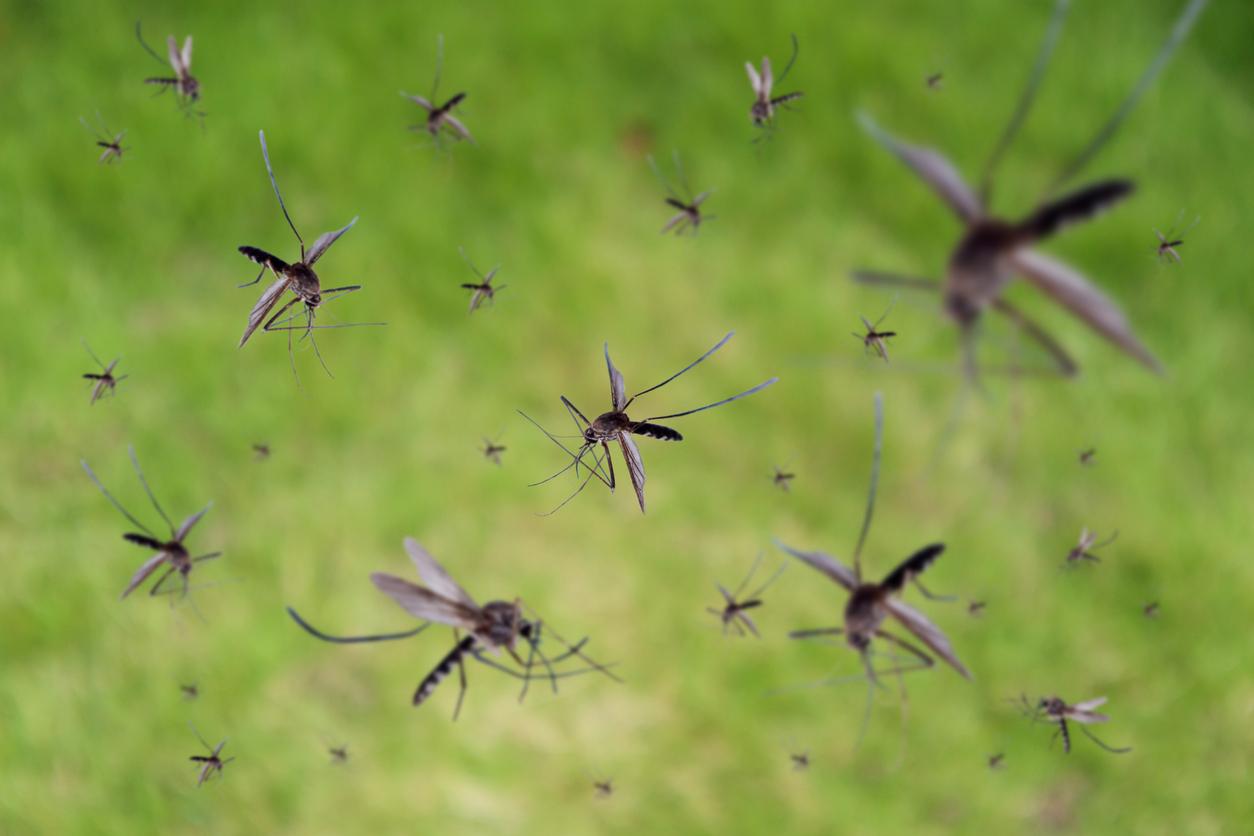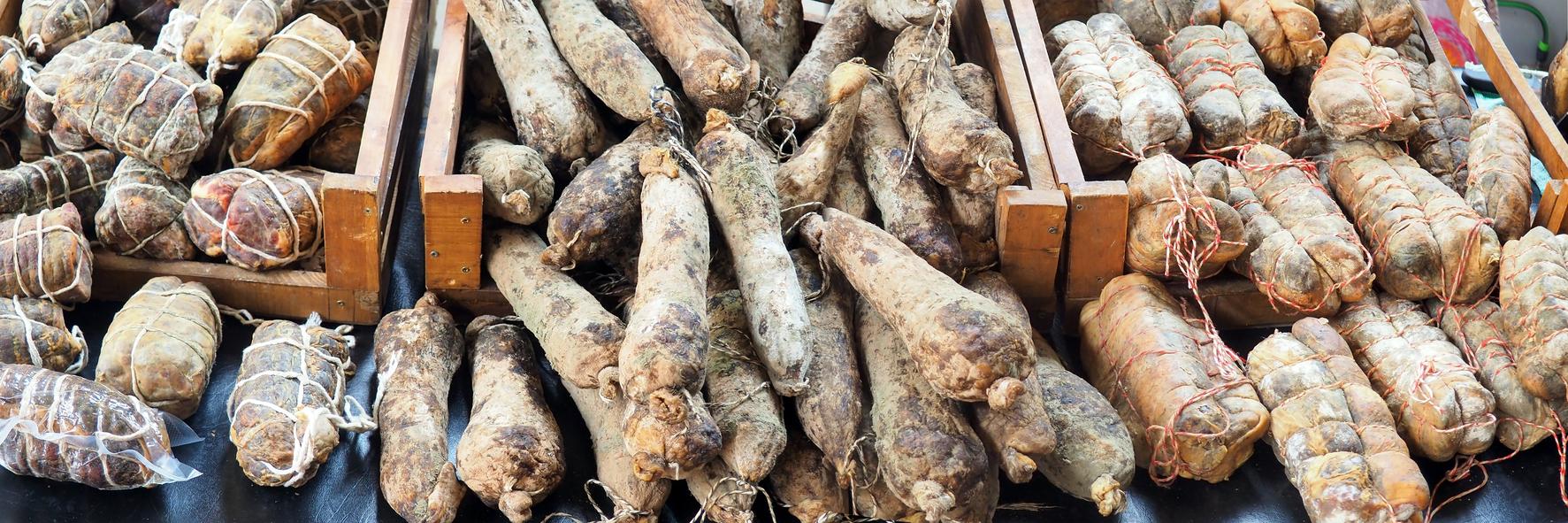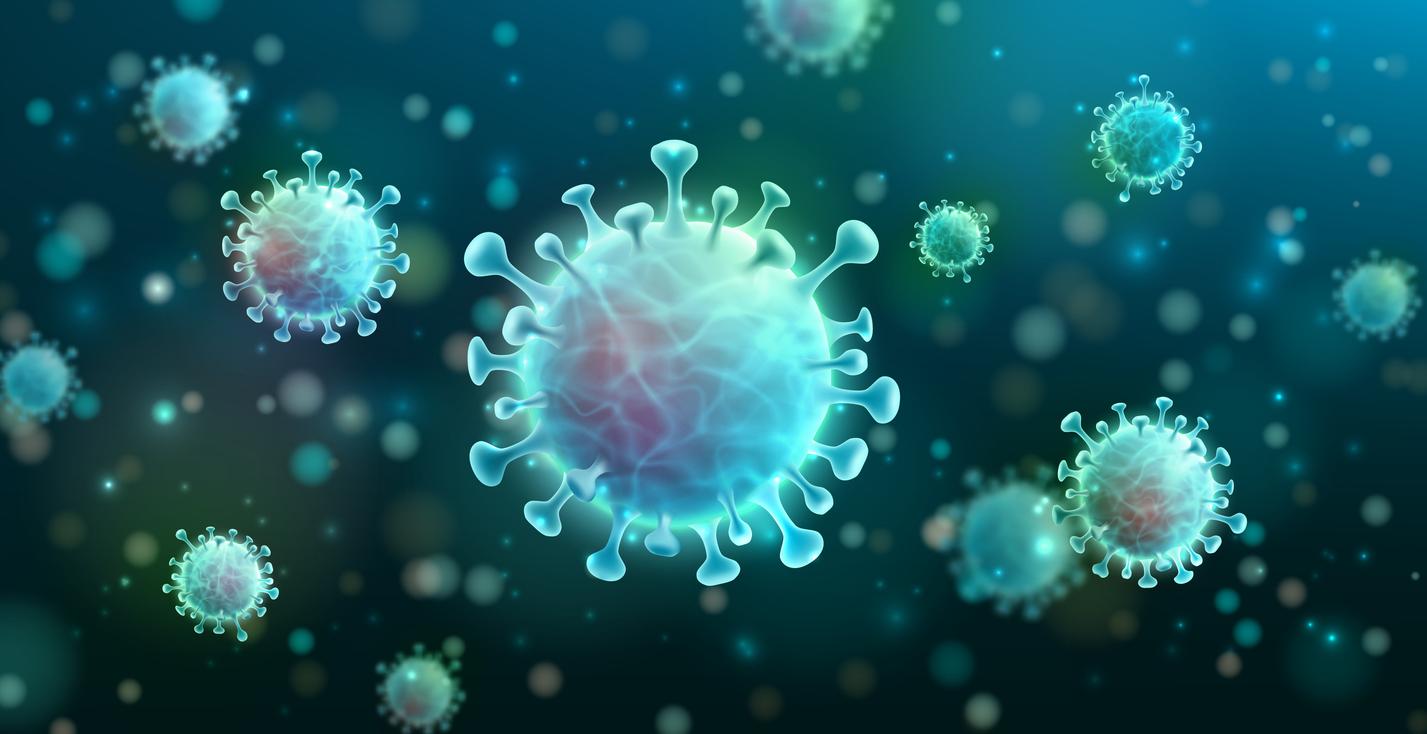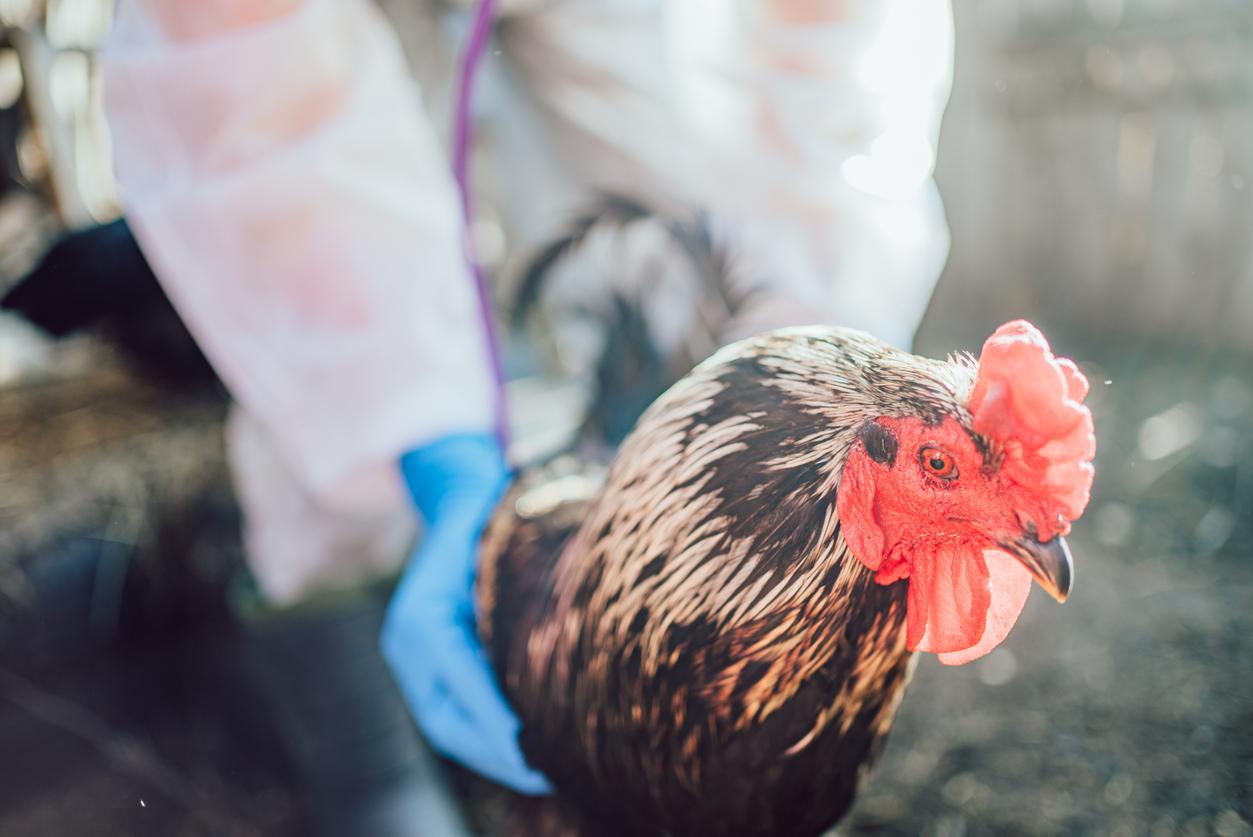This Friday, the health authorities and the prefecture announced the end of the dengue fever epidemic which has affected Guadeloupe for a year and a half.
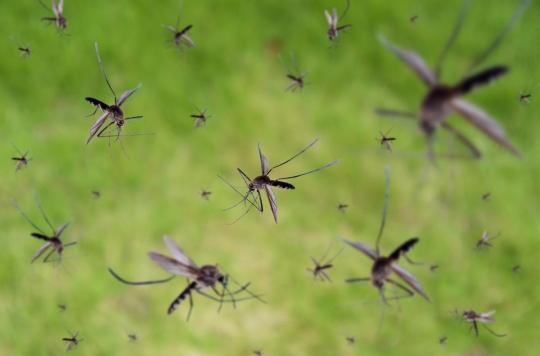
- This epidemic is the longest epidemic ever recorded to date in the territory.
- In total, it resulted in 23,590 clinical cases, 218 hospitalizations and three deaths.
The page is finally turning. This Friday, May 21, the health authorities and the prefecture of Guadeloupe jointly announced the end of the crazy epidemic which has been raging for a year and a half. “The teleconference meeting of the Management Committee this Thursday, May 20, marked the end of the dengue epidemic in Guadeloupe“, they said in a statement.
Three people died
This epidemic, described as “historical“, East “the longest epidemic ever recorded to datein the territory, the statement read. Started in October 2019, it “went through the whole of 2020, to mark time last March, i.e. 78 weeks in total”, underlines the text. In total, this resulted in 23,590 clinical cases and 218 hospitalizations. Three people died following an infection, according to data recorded by Public Health France.
This phase of low circulation should allow “communities, major players in the fight against the proliferation of mosquitoes, to set up training actions for mobilized personnel, in terms of housing or environmental management. It is essential to act in prevention, to reduce breeding sites as much as possible and avoid an epidemic resumption.”, noted the ARS. The latter, by way of example, declared that it was committed to raising awareness among “construction professionals, on the rules to follow, in terms of construction or renovation, to avoid the proliferation of dengue vector mosquito laying sites.”
A virus transmitted by Aedes aegypti
Dengue is secondary to infection with one of the four dengue viruses, which is transmitted by an Aedes mosquito (arbovirus). Dengue virus is a flavivirus, like Chikungunya virus or yellow fever virus. It is transmitted to humans by female mosquitoes and the main vector is Aedes aegyptias was the case in Guadeloupe.
Severe dengue fever is a life-threatening complication due to plasma leakage from blood vessels, respiratory distress, profuse bleeding, or heart, liver, and kidney failure. To avoid complications and, in particular, potentially fatal hypovolemic shock syndrome, consult as soon as dengue fever does not improve rapidly, 3 to 7 days after the first symptoms. At the same time as a drop in temperature (below 38°C), you should be alerted to severe stomach pain, persistent and/or hemorrhagic vomiting, very rapid breathing, bleeding from the gums or digestive tract, fatigue, restlessness, discoloration of the skin with a rapid and weak pulse, as well as a drop in blood pressure.

.









